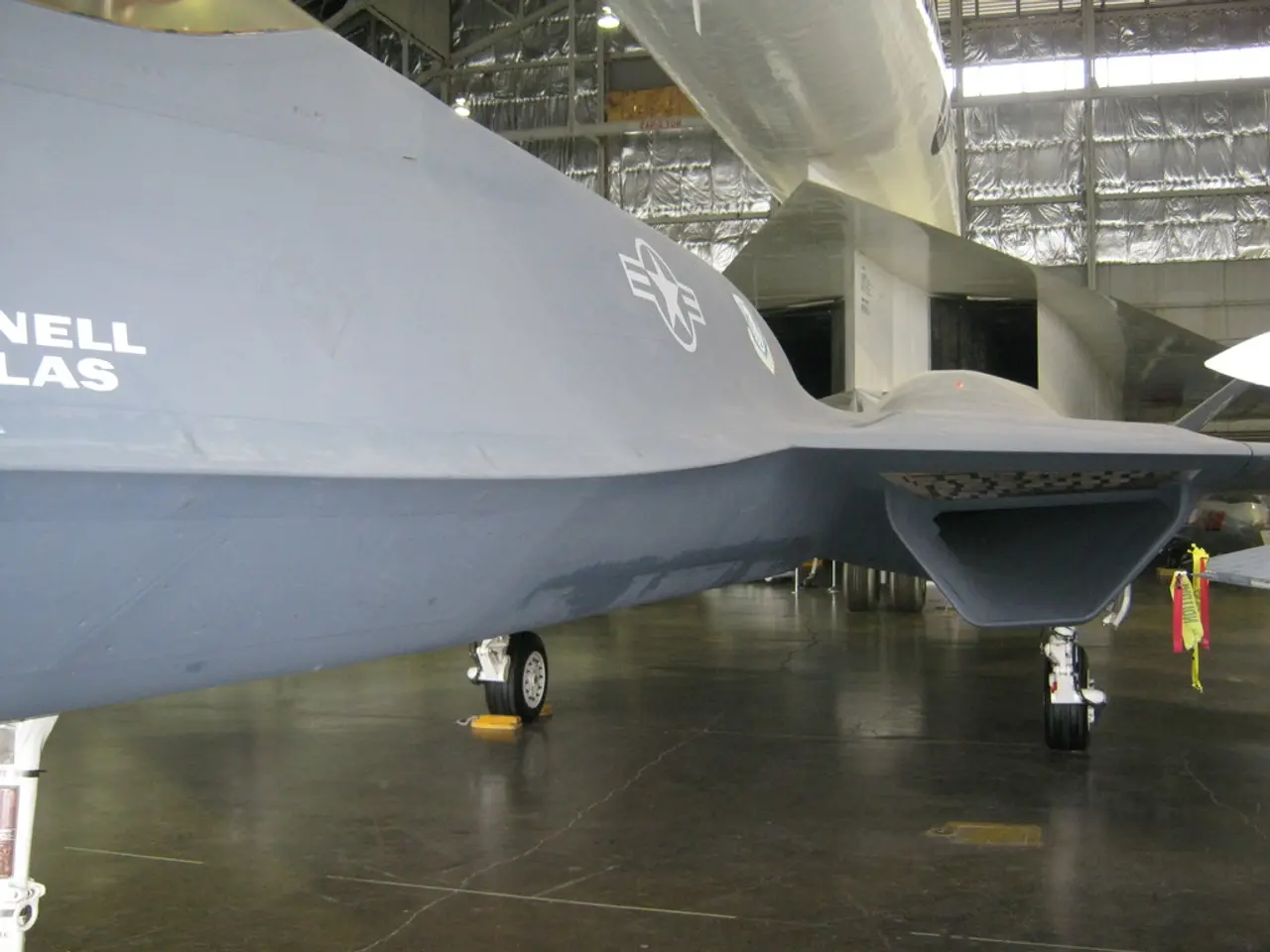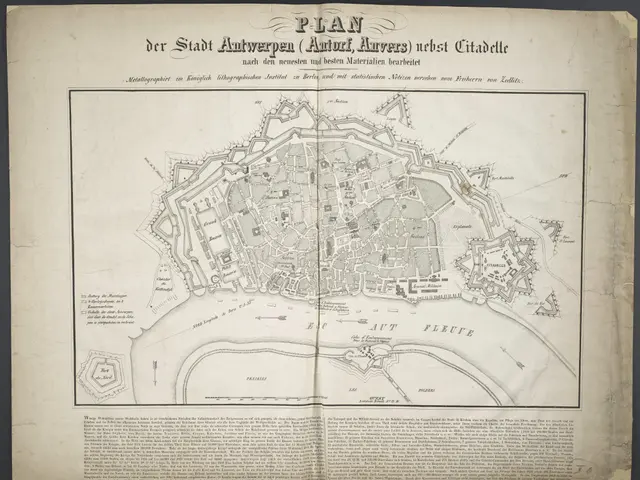Plane Crash of Air India's Boeing: Son of the Victim Demands Justice Abroad in American Courtroom
The families of over 65 victims of the tragic Air India Flight AI-171 crash have taken a significant step towards seeking justice, retaining US aviation lawyer Mike Andrews and the firm Beasley Allen to explore legal action in US federal courts. This move comes as a growing sentiment among victims' families that international jurisdictions may offer swifter justice than the often-protracted trials in India.
The lawsuit, which is currently in its early stages, is based on product liability claims against Boeing. The plaintiffs are demanding full transparency and independent access to critical investigation data, such as the flight data recorder (FDR) and cockpit voice recorder (CVR) details, which may reveal technical faults possibly linked to Boeing’s aircraft systems.
If successful, this legal action could have far-reaching implications for international aviation law. It could reinforce accountability of aircraft manufacturers under product liability principles in US courts, even for crashes outside the US jurisdiction. This is supported by established precedents such as the Boeing 737 MAX litigation.
The case could also increase scrutiny on aviation safety and transparency from manufacturers and regulators globally, especially regarding technical faults like those suspected in the throttle control systems on AI-171. It may also influence multinational convention applications (like the Montreal Convention) with claims being considered in different jurisdictions, underscoring how international legal frameworks can interact in aviation disaster cases.
Moreover, this case highlights the importance of independent investigations and data access rights for victim families to ensure accountability and fair compensation. It could potentially affect future international regulatory and legal standards around accident probes.
Preliminary reports from India's Aircraft Accident Investigation Bureau revealed that fuel control switches on the aircraft had been moved from RUN to CUTOFF shortly after takeoff. If evidence points to a design flaw, the implications could extend to the certification standards of Boeing's entire 787 fleet.
The Montreal Convention allows for uncapped claims in cases where negligence is proven. The outcome of this case could potentially strain business relations between Boeing and Air India due to potential heavy penalties. However, no current verdict or settlement exists as litigation has yet to be formally initiated; the families and their legal team are actively gathering evidence and pressing for transparency to determine Boeing's liability.
The AI-171 crash has rekindled debate over Boeing's compliance with safety recommendations, particularly regarding the fuel control system. Hir Prajapati, son of an Air India AI-171 crash victim, has filed a case in the U.S. Federal Court targeting Boeing over alleged design and safety failures.
This evolving case stands to impact both corporate accountability standards in aviation and international norms on disaster investigation and compensation. If successful, it could lead to a more interconnected global accountability framework for the aviation industry.
The legal action, initiated by Hir Prajapati and supported by victims' families, aims to hold Boeing accountable for the aviation disaster by exploring product liability claims in US federal courts, which may affect the finance sector due to potential hefty penalties for Boeing. The case could also influence future regulation and legal standards in transportation, particularly aviation, as it seeks transparency and access to critical data related to aircraft systems.








